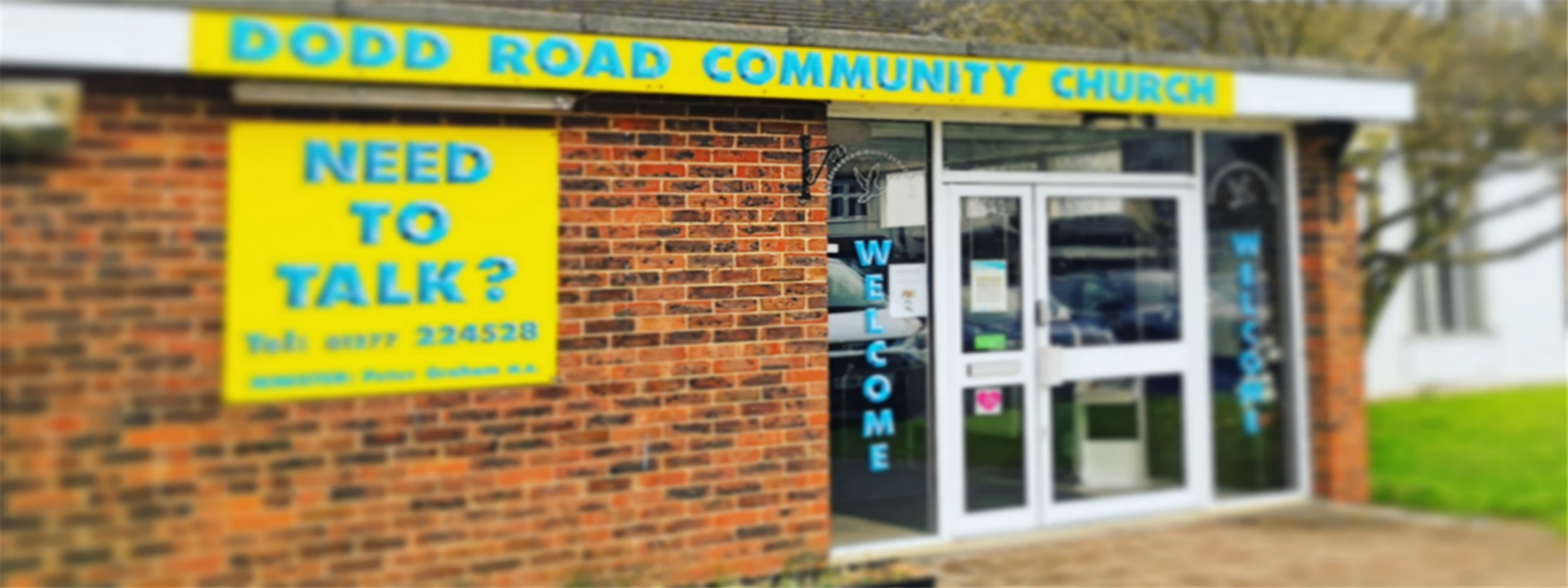A Warm Hello
The following information is specifically for those planning a visit, so that you know, beforehand, what to expect on a Sunday morning.
Where and When
We meet at the Church Building (details here) for our Sunday Service starting at 10.30am. For your first visit, we recommend arriving 10-15 minutes early to ensure you get a parking space and find somewhere to sit before the service begins. When you arrive, you should be greeted by someone on our Welcome Team.
We serve tea, coffee and biscuits after the service which is a great way to meet people, or simply take time to find your bearings. All refreshments are free.
Accessibility: There is wheelchair access and a disabled toilet in the main foyer.
Our Service
The main service begins at 10.30am with a warm welcome from one of our team members. Then follows a time of sung worship, led by our worship team. We typically have 2 or 3 songs lasting approximately 20 minutes. Sometimes a person might pray out loud or read a small passage from the bible. Sometimes people share things that they believe God is saying to the whole church family. This might seem strange the first time you hear it but it’s all part of our connecting with God. One of our leaders will then give a sermon that is bible based and that we can apply to our everyday life. We then sing a final worship song and finish by sharing news and notices, usually about what’s going on in the life of the church. Sometimes there is an opportunity to receive prayer at the end of the service.

What about my kids?
We have a great programme lined up for kids of all ages:
-
Creche (0 months to 5 years). Children under 6 months are welcome but must be accompanied by their parent/grown-up at all times.
-
Sunday School (5- 10 years)
-
Youth (11-15 years) Every other week.
Children stay with their parent or grown-up at the start of the service for the welcome and songs. We really value worshipping God all together as a family. At the end of the songs, someone will announce that it’s time for the younger members to go to their various groups.
The children and young people group activities vary depending on the age but usually there is a friendly welcome, bible stories, praying, music, craft and fun games.

Getting Connected
Small Groups
While Sundays are a great way to meet new people, it is often in smaller gatherings that you can really get to know someone. Being part of one of our small groups allows you to make new friends, share together and support each other. We have a variety of groups that meet throughout the week, some afternoons and some evenings. Check out Small Groups and see if there’s one that you could join, or we can put you in touch with a small group who would be more than happy to invite you along to their group.
Serving and Volunteering
If you want to get involved in the life of the church and help either on Sundays or any other time of the week, please do get in contact.
Other Ministries
We also run the following ministries:
-
Men's Ministries
-
Women's Ministries
-
Youth Work
-
Toddler Group(s) (Tots Aloud)
-
Foodbank
Get in touch with us to plan your visit
If you would like to come and visit the church beforehand you are more than welcome! Get in touch and we can arrange a time that suits you.
Contact Us
What happens next? We will contact you to say hello and help arrange anything necessary for your visit.
Leadership
 |
|
 |
Lead Pastor
Peter Graham |
|
Youth and Community Pastor
Aaron Watts |
|
Intro - Coming Soon |
|
Intro - Coming Soon |
We hope that whoever you are, you will feel at home at our church.
Best Wishes
The DRCC Team